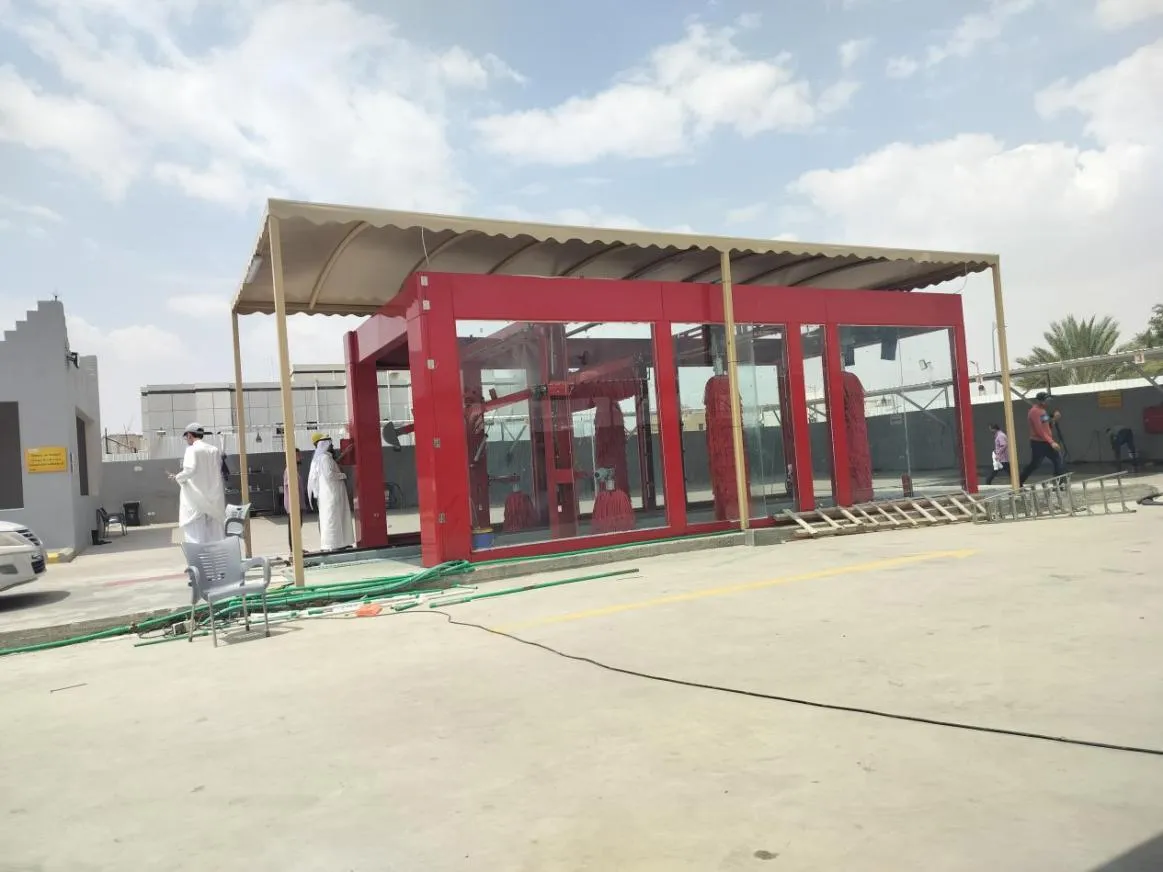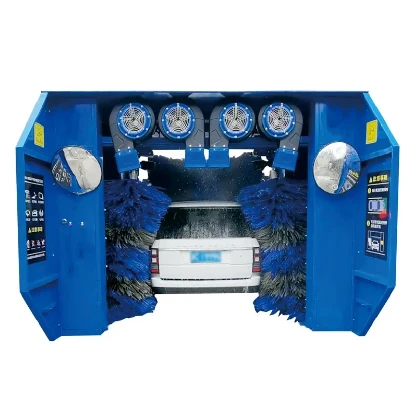
- Afrikaans
- Albanian
- Amharic
- Arabic
- Armenian
- Azerbaijani
- Basque
- Belarusian
- Bengali
- Bosnian
- Bulgarian
- Catalan
- Cebuano
- Corsican
- Croatian
- Czech
- Danish
- Dutch
- English
- Esperanto
- Estonian
- Finnish
- French
- Frisian
- Galician
- Georgian
- German
- Greek
- Gujarati
- Haitian Creole
- hausa
- hawaiian
- Hebrew
- Hindi
- Miao
- Hungarian
- Icelandic
- igbo
- Indonesian
- irish
- Italian
- Japanese
- Javanese
- Kannada
- kazakh
- Khmer
- Rwandese
- Korean
- Kurdish
- Kyrgyz
- Lao
- Latin
- Latvian
- Lithuanian
- Luxembourgish
- Macedonian
- Malgashi
- Malay
- Malayalam
- Maltese
- Maori
- Marathi
- Mongolian
- Myanmar
- Nepali
- Norwegian
- Norwegian
- Occitan
- Pashto
- Persian
- Polish
- Portuguese
- Punjabi
- Romanian
- Russian
- Samoan
- Scottish Gaelic
- Serbian
- Sesotho
- Shona
- Sindhi
- Sinhala
- Slovak
- Slovenian
- Somali
- Spanish
- Sundanese
- Swahili
- Swedish
- Tagalog
- Tajik
- Tamil
- Tatar
- Telugu
- Thai
- Turkish
- Turkmen
- Ukrainian
- Urdu
- Uighur
- Uzbek
- Vietnamese
- Welsh
- Bantu
- Yiddish
- Yoruba
mart. . 07, 2025 04:01
Back to list
car wash equipment
Investing in a car wash system requires a deep understanding of both the costs involved and the benefits derived. Car wash systems are an essential business solution for entrepreneurs aiming to provide efficient and high-quality services in a burgeoning automotive care market.
Furthermore, the technology embedded in a car wash system, such as touchless or brush systems, can affect the initial outlay. Touchless systems tend to be more expensive due to advanced sensors and precision nozzles required, but they offer the advantage of reducing vehicle wear over time, thus appealing to a clientele with luxury cars or concerns about paint damage. When evaluating these costs, potential investors should also consider revenue potential. Profitability is influenced by location, pricing models, and customer retention strategies. A well-placed automatic car wash in a high-traffic area might service between 60 to 100 cars daily, generating a daily revenue potential between $600 to $3000, assuming an average wash price between $10 and $30. To leverage these systems efficiently, expertise in marketing to attract consistent traffic is paramount. Special promotion packages, memberships, and loyalty programs can enhance customer retention and provide predictable revenue streams. Moreover, eco-friendly solutions like water recycling systems, while initially costly, appeal to environmentally-conscious consumers, reduce water bills, and may qualify the business for government incentives. When entering the car wash industry, aligning with trusted suppliers for equipment is vital to ensure quality and durability. Engaging with industry experts for consultancy can provide operational insights and strategic guidance tailored to local market conditions. In conclusion, while the upfront costs for car wash systems might seem significant, the return on investment can be substantial with strategic planning and operation. By choosing the right system tailored to customer needs and market demands, investors can turn a car wash business into a profitable venture that caters to the evolving trends in automotive care.


Furthermore, the technology embedded in a car wash system, such as touchless or brush systems, can affect the initial outlay. Touchless systems tend to be more expensive due to advanced sensors and precision nozzles required, but they offer the advantage of reducing vehicle wear over time, thus appealing to a clientele with luxury cars or concerns about paint damage. When evaluating these costs, potential investors should also consider revenue potential. Profitability is influenced by location, pricing models, and customer retention strategies. A well-placed automatic car wash in a high-traffic area might service between 60 to 100 cars daily, generating a daily revenue potential between $600 to $3000, assuming an average wash price between $10 and $30. To leverage these systems efficiently, expertise in marketing to attract consistent traffic is paramount. Special promotion packages, memberships, and loyalty programs can enhance customer retention and provide predictable revenue streams. Moreover, eco-friendly solutions like water recycling systems, while initially costly, appeal to environmentally-conscious consumers, reduce water bills, and may qualify the business for government incentives. When entering the car wash industry, aligning with trusted suppliers for equipment is vital to ensure quality and durability. Engaging with industry experts for consultancy can provide operational insights and strategic guidance tailored to local market conditions. In conclusion, while the upfront costs for car wash systems might seem significant, the return on investment can be substantial with strategic planning and operation. By choosing the right system tailored to customer needs and market demands, investors can turn a car wash business into a profitable venture that caters to the evolving trends in automotive care.
Next:
Latest news
-
Top Equipment for a Successful Car Wash BusinessNewsApr.15,2025
-
Top Automated Car Wash SolutionsNewsApr.15,2025
-
The Future of Car Wash TechnologyNewsApr.15,2025
-
The Future of Auto Car Wash SolutionsNewsApr.15,2025
-
Essential Car Wash Supplies: Boost Your Business with the Best EquipmentNewsApr.15,2025
-
Car Wash Equipment for the Modern BusinessNewsApr.15,2025
Related PRODUCTS



